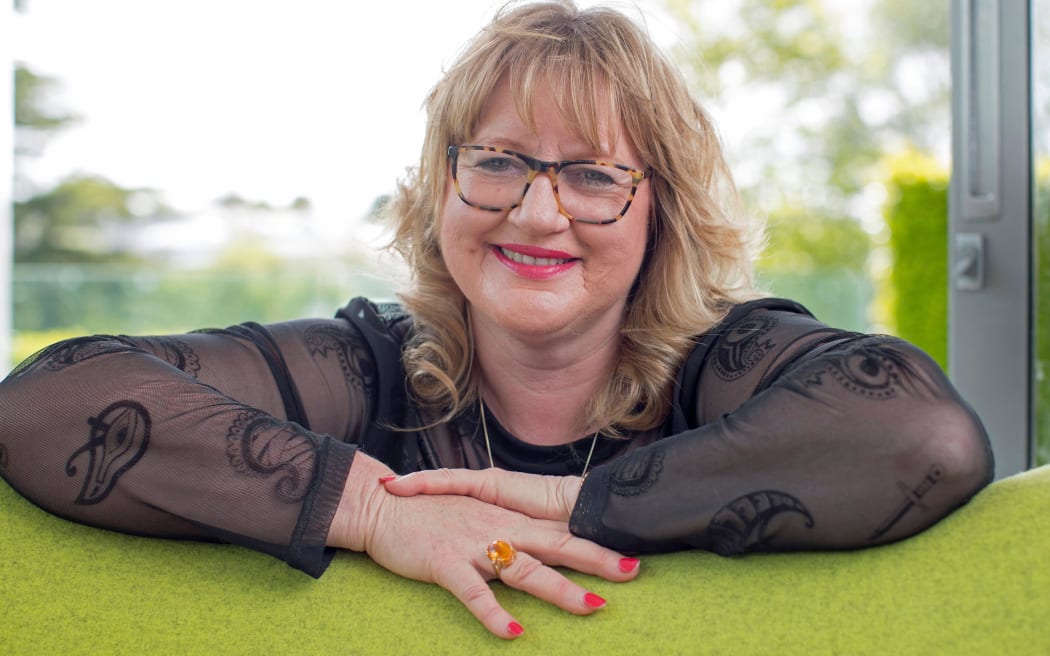Does a new study answer an old debate?

Photo: 123rf
New research from the London School of Economics has found gender quotas can weed out “mediocre men” from politics and business.
The merits of quotas and targets have been debated as potential solutions for gender inequality. Those against them argue people should be appointed purely on merit.
In 2015, then-PM John Key slammed the idea of gender quotas as tokenism, saying, "We won't have a quota because they imply that the reason women get a job is because they're female".
But the research has found quotas can have an overwhelmingly positive effect.
Researchers analysed the Swedish political system as a case study, where every major political party has adopted special measures, ranging from recommendations to party quotas. Gender balance can also be found in regional and municipal councils, where candidate lists are “zipped”, alternating male and female names.
They said relatively little analysis has previously been done about the impact of quotas on the competence of elected candidates – whether women or men.
They found quotas encourage leaders to be more strategic about who they appoint. Quotas, they say, are a threat to “cozy” political arrangements.
“Our main finding is that gender quotas increase the competence of the political class in general, and among men in particular,” they said.
“Moreover, quotas are bad news for mediocre male leaders who tend to be forced out.”
The researchers said their findings could apply to the corporate world, although further analysis would be more complex.
“Many firms have a history of male-dominated leadership and are sometimes accused of having 'locker-room' mentalities and cozy selection rules,” they said.
“These reinforce the selection of men, and leaders may feel comfortable being surrounded by non-threatening mediocrity. Just as in politics, therefore, a quota has the potential to undercut the dominance of a mediocre elite.”
Former chief executive of Telecom New Zealand and co-founder of My Food Bag, Theresa Gattung, says the research is compelling, but argues: “I still like to think men and women want to do the right thing voluntarily.”

Theresa Gattung. Photo: Supplied
“I’ve never been a supporter of quotas. I’ve always felt, because so much of the issue is unconscious bias, if you point out inequality, over time you’ll get a fairer outcome,” she says.
“But it’s harder now not to come to the conclusion that quotas do need to be seriously looked at and maybe they are what it will take to get people doing the right thing voluntarily.”
She says in a way, she found it “disheartening” to read the research and discover Sweden’s quotas and targets proved effective.
“We’re not a society that likes to be told what to do to organise. I don’t think the sky would fall in if we did have quotas, but there would be such a backlash, the fight would probably stop progress in other areas from happening.”
Tomorrow, Australia’s Labor MP Chris Bowen will call on the Federal Government to consider enforcing gender quotas for the country’s biggest businesses.
The Sydney Morning Herald reports, as of the end of May, only 25.4 percent of directors on the top 200 Australian Stock Exchange companies’ boards are women.
Some of this stuff sounds like it’s just anti-men.
In his speech before the Women in Economics Network, shadow treasurer Bowen will say, “It would be better if the private sector got its act together of its own volition. But plenty of people and organisations ... have made good and strong efforts with not enough progress”.
The Liberal Party has set its own target of 50 per cent female representation by 2025. However, the current percentage of Conservative female MPs is just 21 per cent. Former Australian Prime Minister Tony Abbott last month called quotas “anti-men”.
“Obviously we have to give women a fair go, but some of this stuff sounds like it’s just anti-men,” The Guardian reported him saying.
Gender inequality in both the corporate and political spheres is not an Australian problem. It’s a global one.
In New Zealand earlier this year, information filed by NZX-listed companies showed 17 percent of directors last year were women, averaged across each quarter. One third of companies on the main board had no women whatsoever. Only one out of the top 50 has a female chief executive - Chorus’ Kate McKenzie, an Australian.
“I think we’ve stalled in the area of getting women into top roles. Our image of ourselves as a great place for women to get ahead takes a bit of a bashing when you look at the facts,” says Theresa Gattung.
“But more generally, there has been progress in the corporate world. You’ve now got senior men standing up saying they care and want to make a difference. Everyone cares about this problem - you see the progress made in the Kristine Bartlett pay equity case, it’s not as if nothing is happening.”
In the 2014 New Zealand General Election, 31 percent of elected MPs were women.
Both the Labour and Green parties have come out in favour of gender quotas.
In 2013, then-Labour leader David Cunliffe approved a 50/50 party gender quota by 2017. In 2015, the Green Party announced half its cabinet members in a potential future Government would be women.
Late last year, academic Kerryn Baker, who specialises in women’s political representation in the Pacific, told RNZ’s Dateline Pacific gender quotas in Samoa and Vanuatu are working.
“From what we see around the world, there's no country that has got to 50 or even 40 percent without some form of special measures for women,” she said.
“Sometimes reserved seats might be the answer, just to get more women in, just to get people used to the idea of having women in politics so that - even if you take those systems away - women will have a better chance of getting elected in the same process as men.”
More than 100 countries currently have a gender quota in their political systems. They can be found here.


